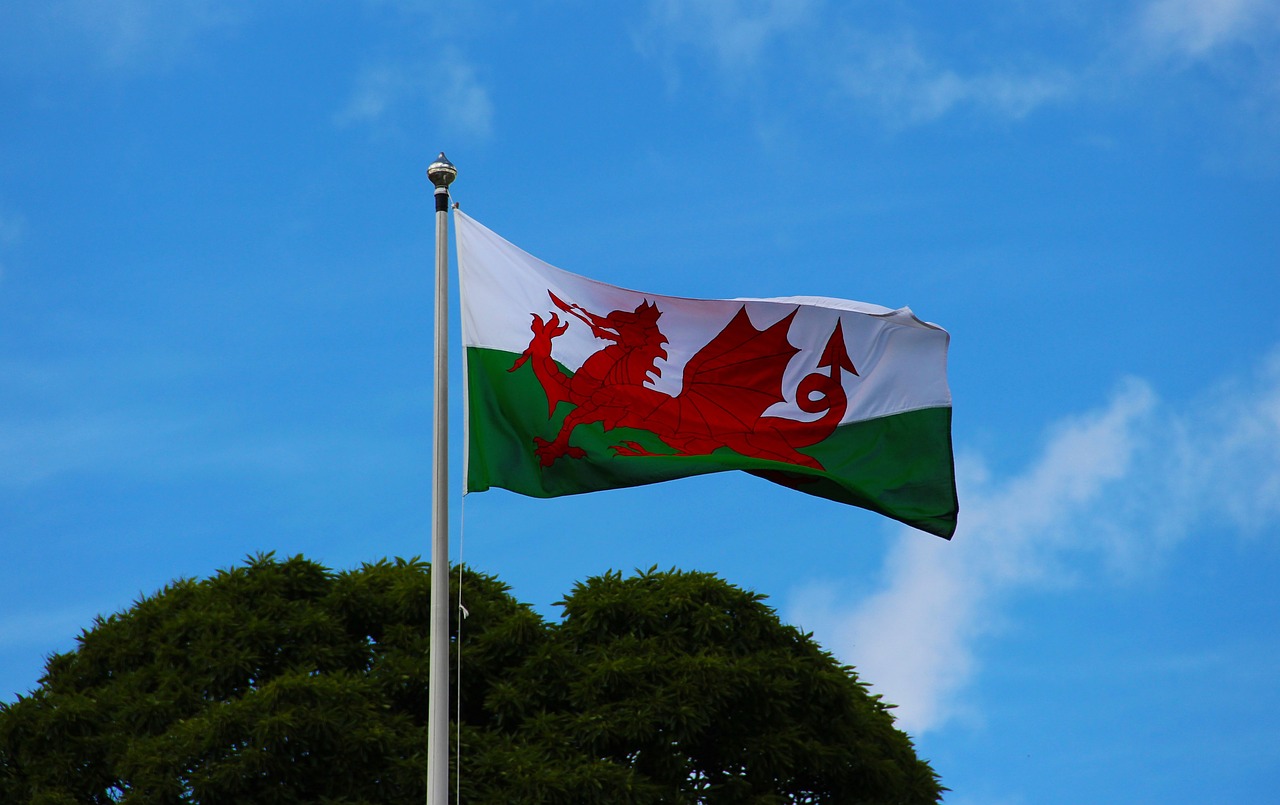
In September 2022, following the sad passing of Queen Elizabeth II, Prince William and Catherine Middleton were named as the new Prince and Princess of Wales during King Charles III’s first address to the nation.
These titles have been used within the Royal Family for centuries, but many of us still question where this tradition came from. Here, we have everything there is to know about the history of the Prince and Princess of Wales…
The History
The title of Prince of Wales originated in the late 12th century, when the Welsh rulers of Gwynedd used it to assert supremacy over other rulers. Owain Gwynedd was the first known Welsh ruler to name himself as the Prince of Wales, with his grandson, Llywelyn Ap Lorwerth, being the next to assume the title.
Since 1277, Edward I of England had planned to invade Wales. In 1301, Edward I invested his son, Edward of Caernarfon, with the title of Prince of Wales to mark his final conquest of Wales. Thus, the tradition of giving the title to the English heir apparent, so long as they were the monarch’s son or grandson, began.
The title of Princess of Wales has been used since the 14th century, with it first being recorded having been used by Llywelyn ap Gruffydd’s wife, Eleanor de Montfort. Eleanor unfortunately died whilst giving birth, and so the title of Princess of Wales was passed down to her daughter, Gwenllian of Wales.
After Edward I’s conquest of Wales, the title of Princess of Wales was only given to those who married the British heir to the throne. It was suggested during the reign of George VI that his eldest daughter, the future Queen Elizabeth II, was to be granted the title of Princess of Wales. However, the King rejected this as he believed that the title should only belong to the wife of the Prince of Wales.
King Charles III
Having held the title of Prince of Wales for over 64 years, King Charles III was the longest serving Prince of Wales, and also the oldest person to have held the position. Although he was made Prince of Wales in 1958, his official investiture was not held until 1st July 1969.
The investiture ceremony took place at Caernarfon Castle when Charles was just 20 years old. Leading up to his investiture, Prince Charles spent ten weeks at the University College of Wales learning about the culture and history of Wales, as well as learning to speak Welsh.
The Prince of Wales
The title of Prince of Wales, or Tywysog Cymru in Welsh, is traditionally given to the male heir apparent to the British throne. With this title there is no automatic succession, which means that a male heir apparent has to be created by the reigning monarch.
Since 1284, there have been a total of 23 Princes of Wales; Edward II, Edward of Woodstock, Richard II, Henry V, Edward of Westminster, Edward V, Edward of Middleham, Arthur Tudor, Henry VIII, Edward VI, Henry Frederick Stuart, Charles I, Charles II, James Francis Edward Stuart, George II, Frederick Louis, George III, George IV, Edward VII, George V, Edward VIII, Charles III and Prince William. Prince William is currently the oldest person to have been created Prince of Wales.
The Princess of Wales
The title of Princess of Wales, or Tywysoges Cymru in Welsh, is used by the wife of the Prince of Wales. This title is typically not held by female heirs to the throne, i.e. Queen Elizabeth II. However, with the changing of the rules of succession in 2013, we are yet to see if there ever will be a solo Princess of Wales.
Since 1328, there have been a total of 11 Princesses of Wales; Joan of Kent, Anne Neville, Catherine of Aragon, Wilhelmina Charlotte Caroline of Brandenburg-Ansbach, Augusta of Saxe-Gotha-Altenburg, Caroline Amelia Elizabeth of Brunswick-Wolfenbüttel, Alexandra Caroline Marie Charlotte Louise Julia of Denmark, Victoria Mary Augusta Louise Olga Pauline Claudine Agnes of Teck, Diana Frances Spencer, Camilla Rosemary Shand, and Catherine Elizabeth Middleton.
